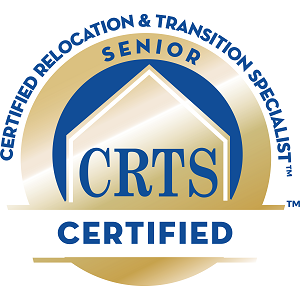Welcome to the August edition of the newsletter for CRTS™ certificants!
5 Key Tips to Communicating With Dementia Patients
Dementia is described simply as symptoms that affect the communication, intellectual, and social functioning of an individual. It is a condition that affects the brain, which controls all functions of our body. It is not a specific disease; rather there are many causes of dementia. Alzheimer's disease is the most common form of dementia.
If you've spent much time around anyone with dementia then you realize what an obstacle communication can be. I'm going to go over five things you should always remember when communicating with dementia patients.
What is Alzheimer’s Disease?
The most common type of dementia.
A progressive disease beginning with mild memory loss possibly leading to loss of the ability to carry on a conversation and respond to the environment.
Involves parts of the brain that control thought, memory, and language.
Can seriously affect a person’s ability to carry out daily activities.
Although scientists are learning more every day, right now, they still do not know what causes Alzheimer’s disease.
What Is Validation Therapy and How Can It Help?
Receiving a diagnosis of dementia for a parent or loved one can be an emotional and scary time. While parts of life begin to make sense, others begin to crumble in painful ways. Fortunately, current research suggests there are ways we can help our elderly family members to cope with the challenges of their disease.
Validation therapy is a well-documented strategy for helping individuals with dementia retain their dignity and their quality of life. We will discuss what it is, where it came from, who it benefits, and how it helps in both homes and clinical settings.




